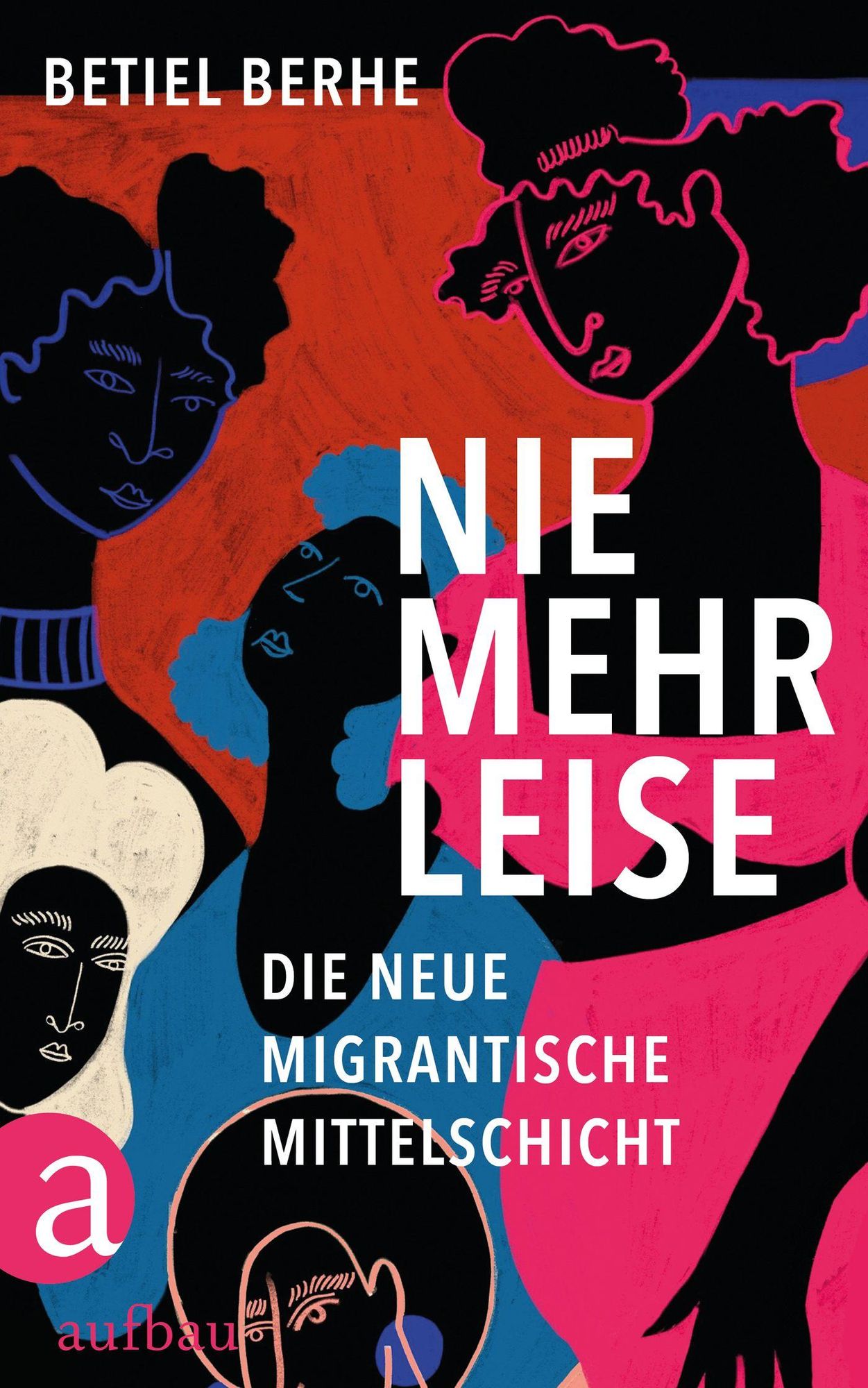
Silent no more
Betiel Berhe co-founded the Social Justice Institute in Munich. Her current work focuses on the connections between race and class in the German context. In her book Nie mehr leise: Die neue migrantische Mittelschicht (Silent No More: The New Migrant Middle Class), it’s precisely these two closely related dimensions that she explores and explains in detail, by way of her own biography and various events of recent years. In doing so, Berhe follows predecessors such as bell hooks and Audre Lorde, amongst others. According to Francis Seeck and Brigitte Theißl, editors of Solidarisch gegen Klassismus (In Solidarity Against Classism), the critique of class and classism has its roots in Black and feminist contexts – even though white cis men who deal with class often receive more attention.
Berhe says right at the beginning that her book is for “us” and includes all those who feel addressed by it. So it’s a warm invitation to engage. Her language is accessible; she explains foreign words, jargon and abbreviations. And her book shows how the German context is slowly but steadily crystallising its own terminology for the discourse on racism – to say, like Tupoka Ogette, that white people who have not yet grappled with racism are in “Happy Land” has become established, and Berhe’s chapter heading “What the white middle class doesn’t want to hear but should know” is an allusion to Alice Haster’s book title Was weiße Menschen nicht über Rassismus hören wollen, aber wissen sollten (What white people don’t want to hear about racism but should know).
Berhe reports on the role of places of residence, racism in kindergartens, unequal treatment at school, false attributions and real life consequences. She illustrates how complex social advancement is, bringing privileges but also new challenges. Berhe herself encountered new expectations and assumptions about herself as she entered the middle class, which it was exhausting to try to live up to. She skilfully lays out the links between capitalism and racism, and explains that in Germany, class is to a great extent assigned along racial lines.
Berhe is angry and it’s not surprising given social conditions. But she also says that it is this anger that drives her to work for change: “Anger makes us sprint, but love and trust make us endure a marathon to the end” (146). I certainly find her anger and her loving will to change contagious!
(No English translation yet)
Order the book here and support us! The work behind poco.lit. is done by us – Anna und Lucy. If you’d like to order this book and want to support us at the same time, you can do so from here and we will get a small commission – but the price you pay will be unaffected.

